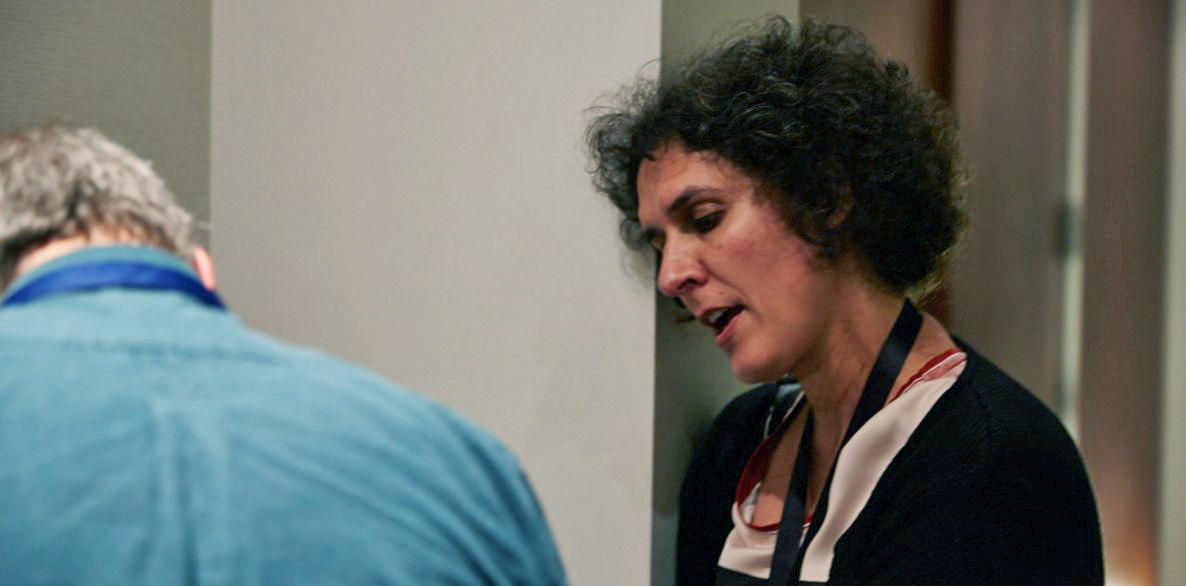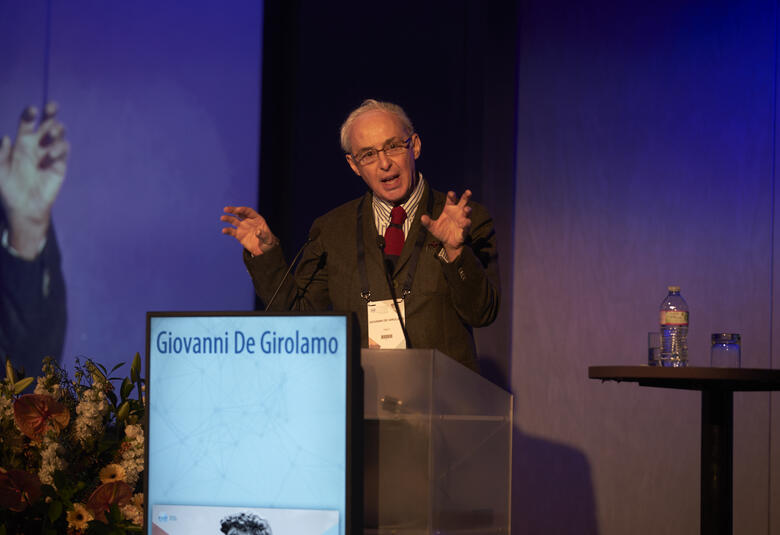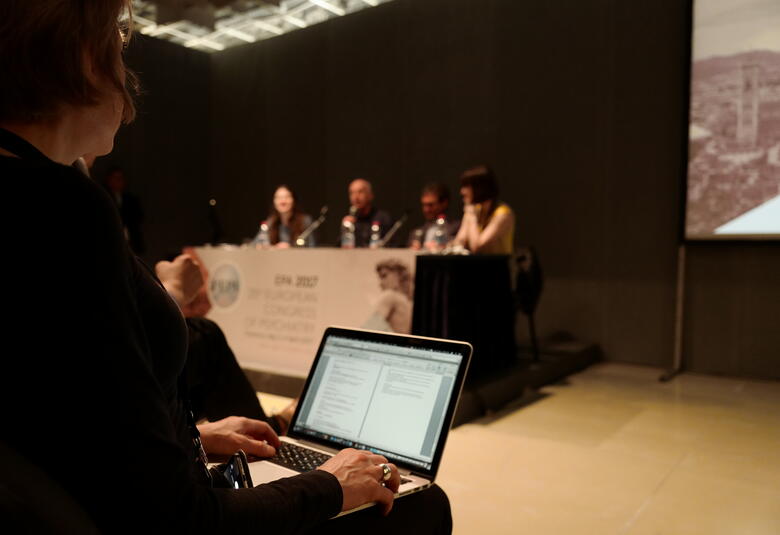
An interview with Dr Pernille Farahna Harees on important management issues in schizophrenia
An interview with Dr Pernille Farahna Harees of the University Hospital, Aarhus, Denmark about how to approach giving a patient the diagnosis of schizophrenia, quality of life and autonomy issues and the place of long-acting injectables
Q: How do you approach giving a patient the diagnosis of schizophrenia?
A: This obviously has a major impact since patients fear being unable to live a normal life. After a thorough evaluation it is sometimes clear from the symptoms that a first-episode patient has schizophrenia, especially if that patient has been ill for a long time. In others, the diagnosis would be made later in the course of the disease.
Q: What does autonomy and quality of life look like for your patients?
A: We try to involve patients in their treatment. Close relatives are also invited to take part. Sometimes they are present when we give the diagnosis, in other cases later in the course of our contact. There will also be a professional carer in the community.
Quality of life depends on how well the illness is managed. If well, there are few relapses and patients can function in the community. Some study, some work at least to some extent.
Q: Can long-acting injectables (LAIs) play a role in achieving these goals?
A: We try to recommend them but find a lot of patients are not ready after their first episode. They feel pills will work OK. My experience is that it often takes a relapse or two before they are motivated to have an LAI.
Early and integrated intervention is important, with family and professional caregivers involved in an active partnership with us. They encourage patients to keep appointments and can identify early signs of relapse. Education is part of that process.
Q: And what has made the greatest difference in the last ten years?
Joint treatment with caregivers; education about schizophrenia; and medication.
The views and opinions expressed on this page do not necessarily reflect those of Otsuka and Lundbeck.


